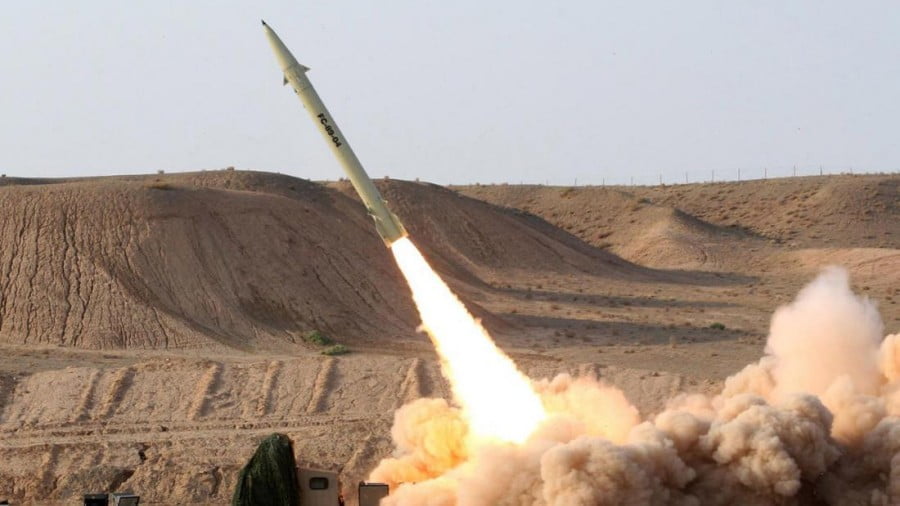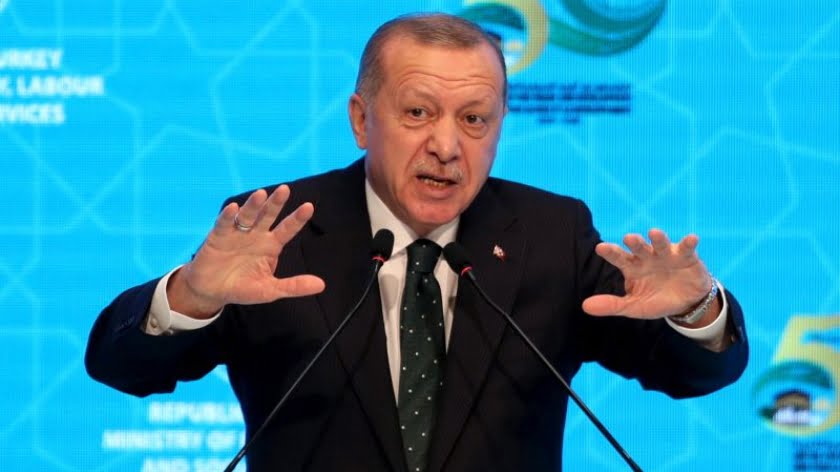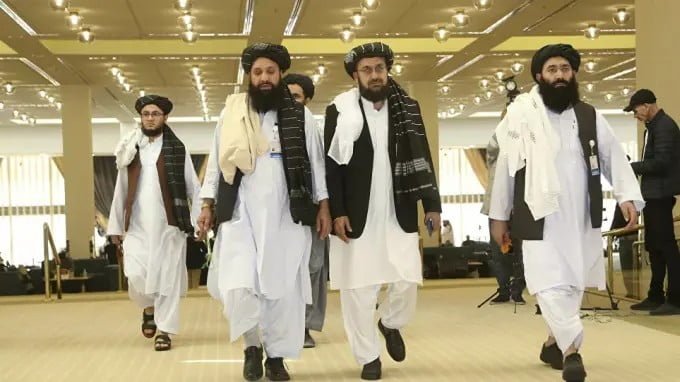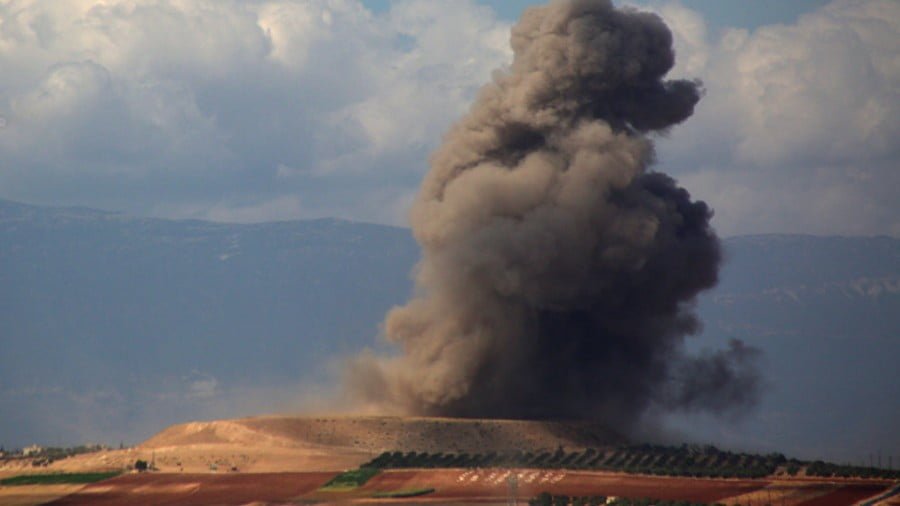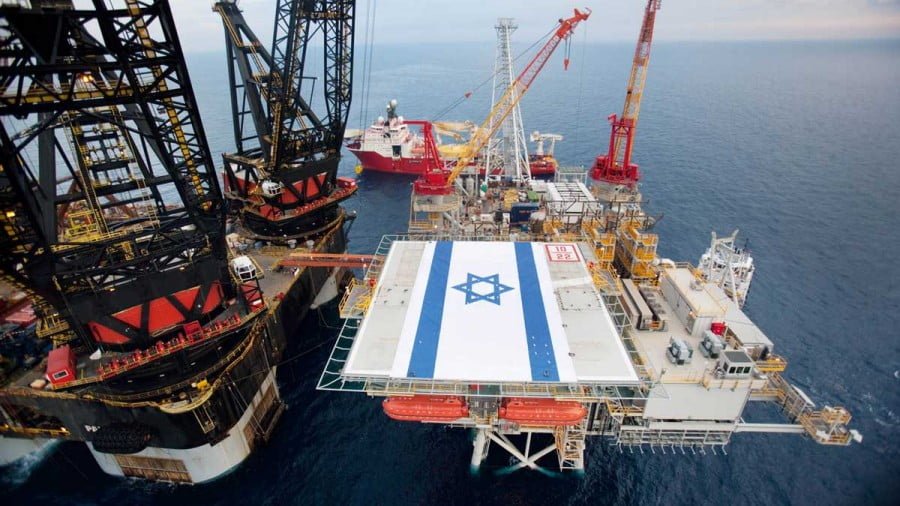Iran’s Anti-Terrorist Missile Strike in Iraq Sent Several Important Messages
Iran admitted to a recent missile strike against Kurdish militants in Iraq.
The attack took place almost two weeks ago on 8 September and was shortly thereafter confirmed by the Islamic Revolutionary Guard Corps (IRGC), but Major General Mohammad Ali Jafari commented on it last Thursday by remarking that the “IRGC’s recent revenge against the terrorists conveys a highly meaningful message to the enemies, particularly those superpowers who think they can impose their evil plots on us and bully us”. This indicates that Tehran wanted not only to decapitate the leadership of two Kurdish militant organizations that it regards as terrorists for their participation in cross-border attacks over the years, but to signal to its adversaries that the Islamic Republic is more than capable of carrying out precision surface-to-surface missile strikes in order to defend itself.
About the first-mentioned of these intentions, Iran clearly believes that Northern Iraq’s hosting of anti-government Kurdish militant groups constitutes a pressing security threat, especially in the context of the country’s worsening economic situation in the run-up to the US’ reimposition of energy-related sanctions against it this November. Therefore, Iran felt compelled to decisively undertake preemptive action against these organizations before they have a chance to capitalize even further on the country’s problems and potentially exacerbate the HybridWar being waged against it at the behest of the US and its allies. About the latter, Iran knows that it would be crushed if it initiated a conventional attack against any of them but it hopes that the demonstration of its military capabilities can serve as a deterrent by proving that it’s capable of inflicting unacceptable damage to them if this scenario ever transpired.
The latest missile strike therefore had unconventional and conventional warfare significances, both of which are inseparable from the geostrategic context in which this occurred. Iraq is in the midst of a worsening multisided domestic crisis that contradicts “conventional” thinking about the country’s most well-known fault lines, and it’s very possible that it might become the “next Syria” if its many problems aren’t properly resolved soon enough. That would be a nightmare for Iran because of the relative ease with which the destabilizing dynamics within Iraq could spread across the border, hence why Tehran decided that a muscular approach to these latent threats was necessary at this specific point in time. Once again, this just reaffirms that Iran’s missile strike was more about deterrence than aggression.

